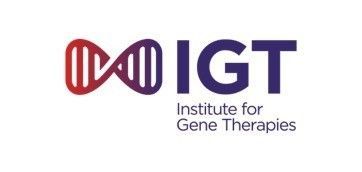
Discovery of genetic modifiers of Barth syndrome
William Pu, MD, Professor, Boston Children’s Hospital, Boston, MA
Award—US $50,000 over 1-year period
*This grant is made possible in part by support from the Paula and Woody Varner Fund
Abstract:
Patients with Barth syndrome have a wide variety of disease severity. Genetic and environmental modifiers are likely to be important determinants of this variable disease expression. Understanding these modifiers is important because they represent therapeutic opportunities to improve care and treatment of Barth syndrome patients. During our recent studies of mice a knockout mouse model of Barth syndrome, we noted that phenotypic expression is highly strain dependent. In the pure C57BL/6J inbred strain background, TazKO/Y mice have low survival to weaning. In contrast, survival is much better in the A/J inbred strain background, and this protective effect appears dominant because F1 mice from C57BL/6J and A/J crosses also have much higher survival. In this pilot study, we propose two specific aims: (1) To measure the several key phenotypes (survival, growth, heart function, neutrophil count, MLCL/CL) in TazKO/Y mice in generated from crosses between C57BL/6J and the 7 other ancestral founders of the Diversity Outbred (DO) line, a line that permits efficient, high resolution mapping of genetic modifiers. This survey of the effect of genetic background on disease expression will allow us to understand the correlations between these phenotypes (e.g. MLCL/CL vs survival or heart function) and will provide the preliminary data necessary to undertake a mapping study using the DO line. (2) To map the modifier loci using an F2 intercross between A/J and C57BL/6J TazKO/Y. Using a simple survival screen, we will generate F2 mice and use SNP arrays to genotype those that survive to one month of age. We expect that this intercross will determine the number and strength of genetic modifiers, and map them to an interval of 10-20 Mb. Together these aims will inform us about the relationships between Barth phenotypes and determine the strength and number of genetic modifiers of TazKO/Y survival. The preliminary data will put us in position to identify the genes that modify TazKO/Y disease expression in mice.
Associated Presentations to Date:
BSF 2018 Conference
July 19, 2018 ~ Clearwater Beach, FL
Genetically modified mouse models of Barth syndrome













